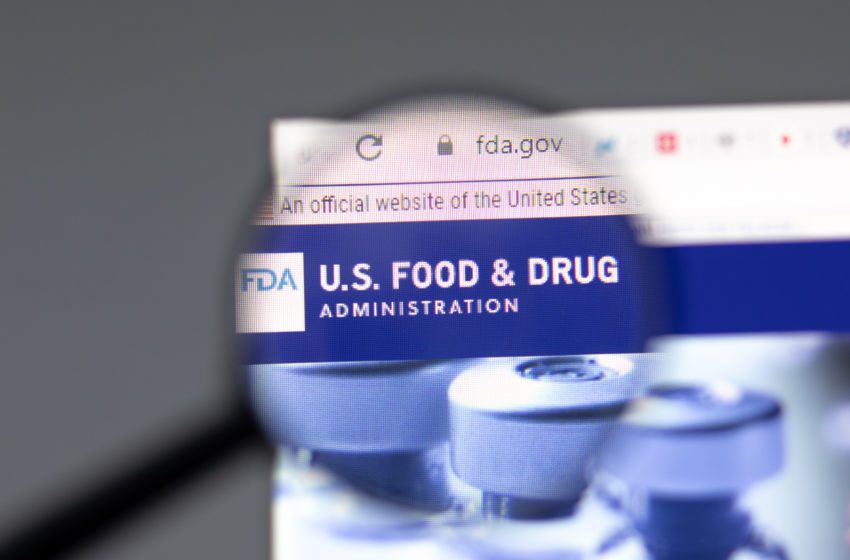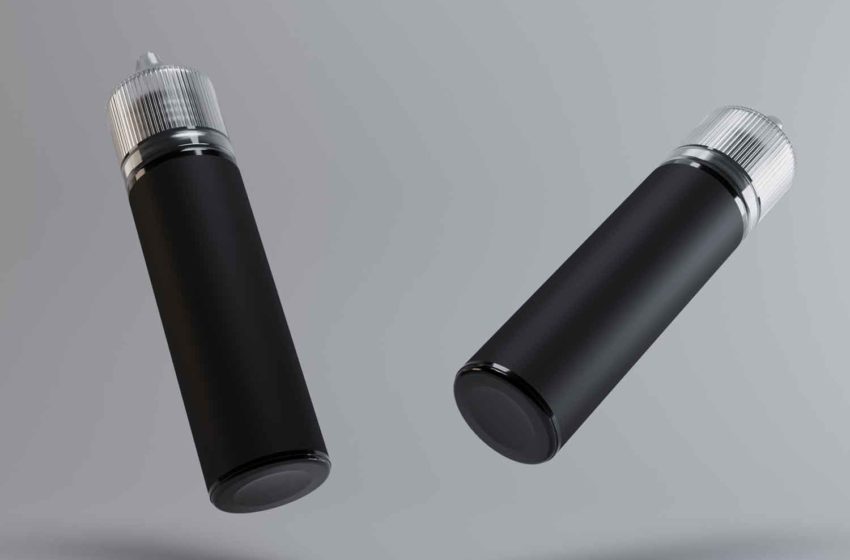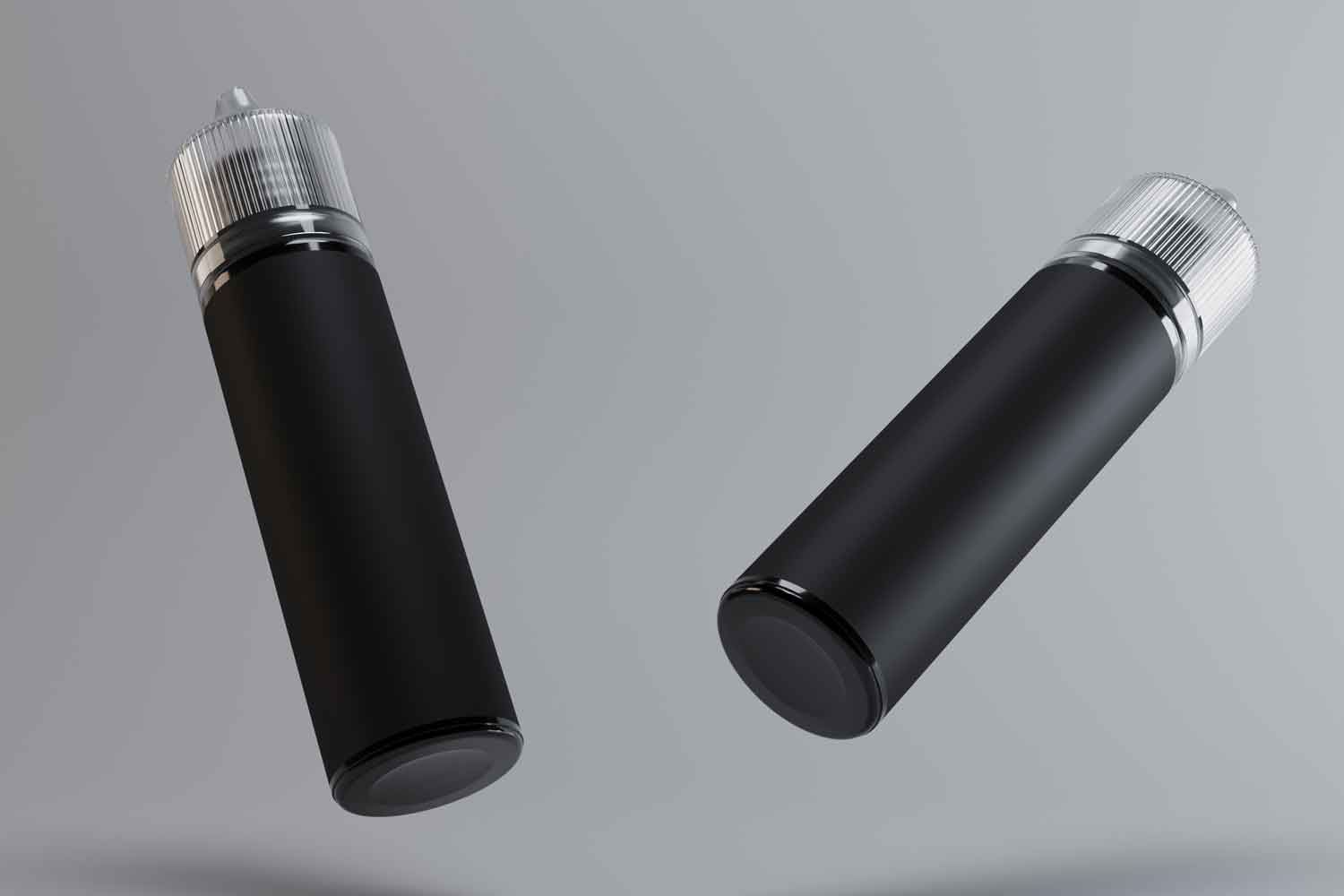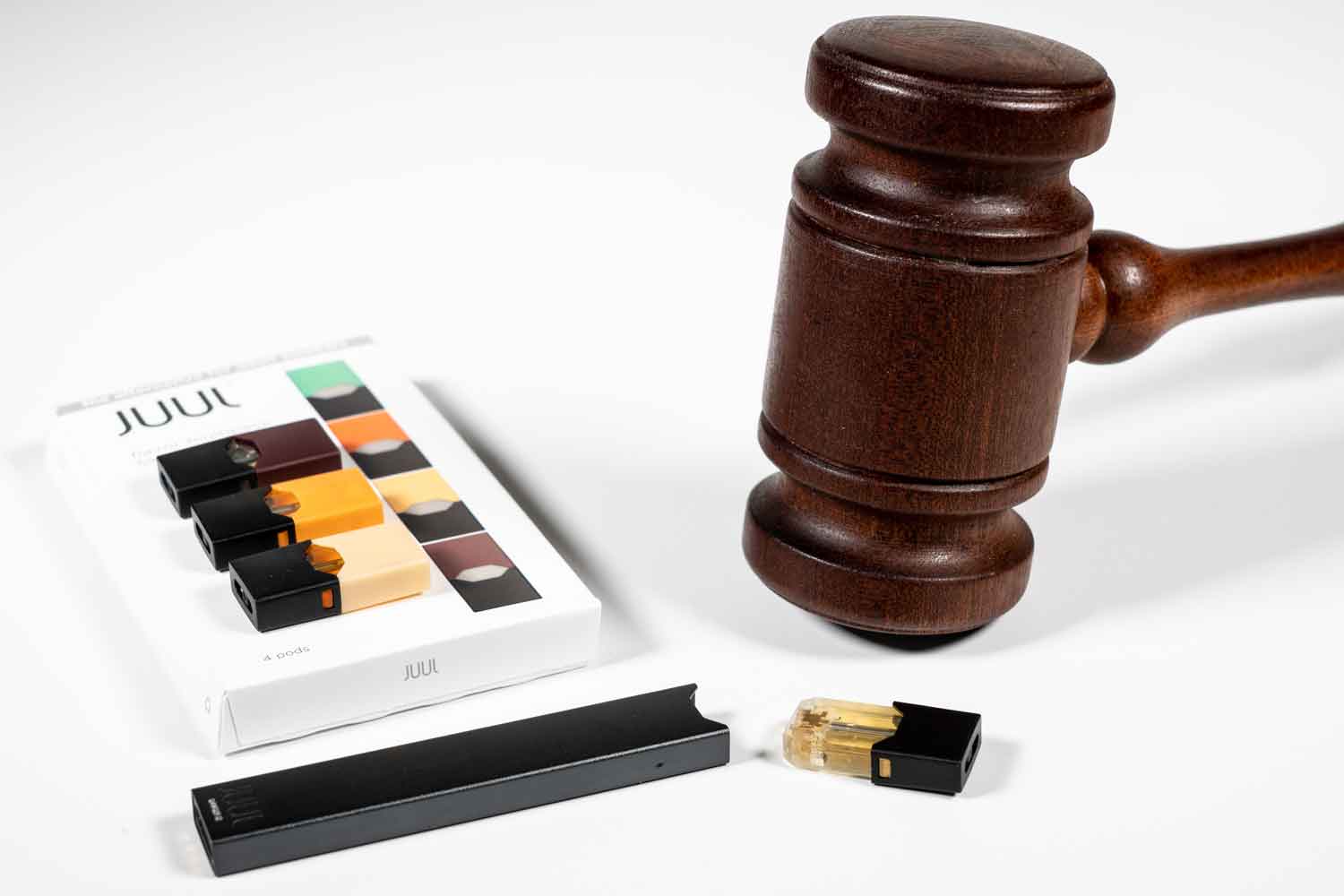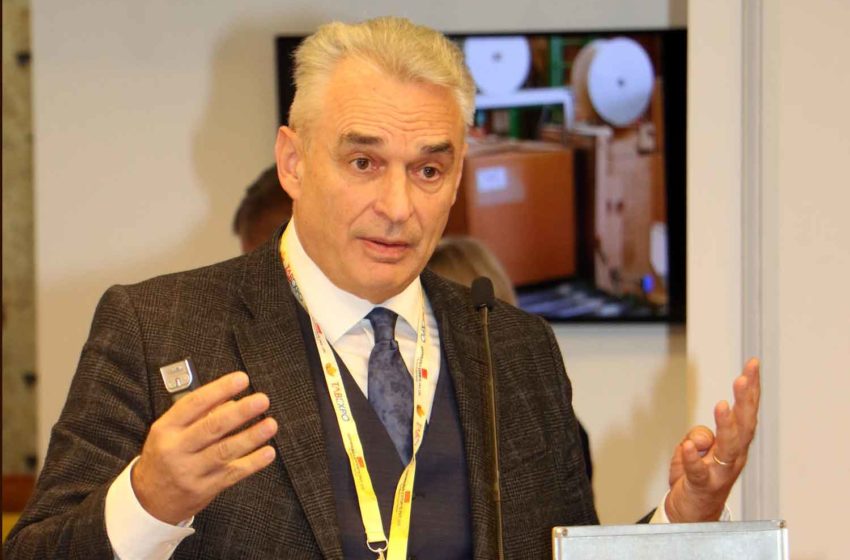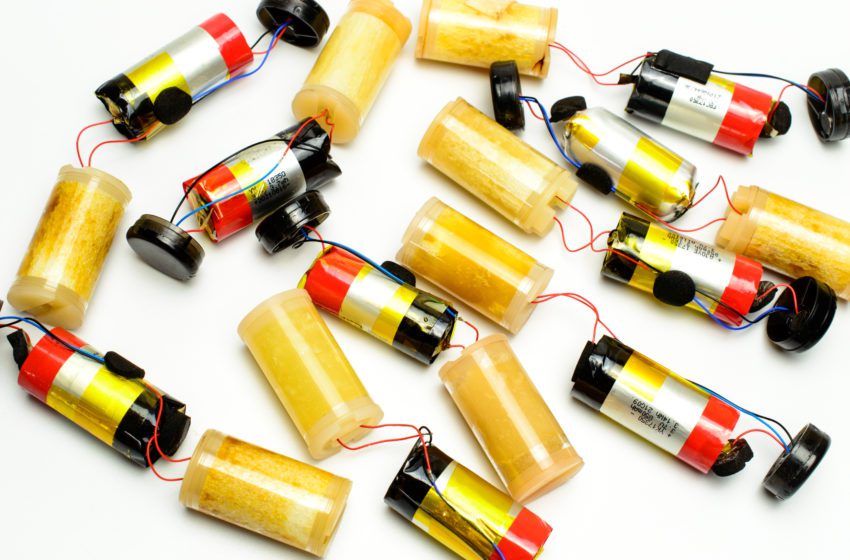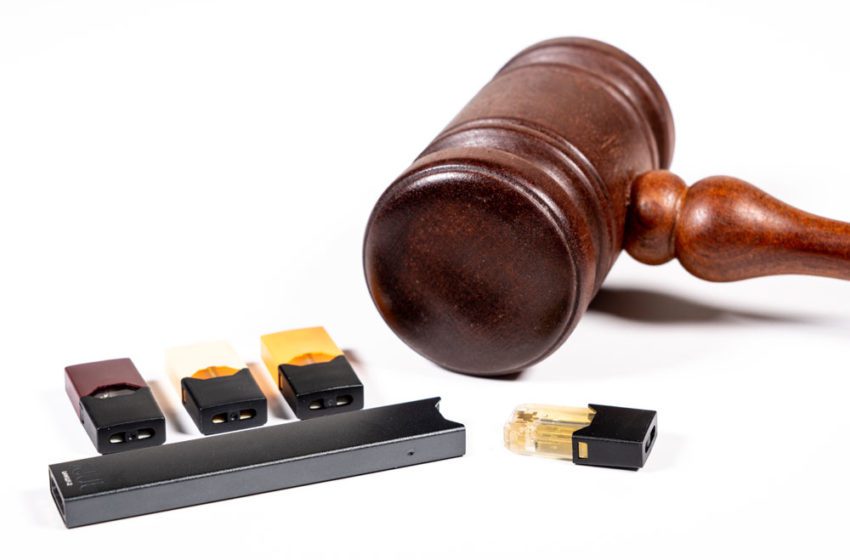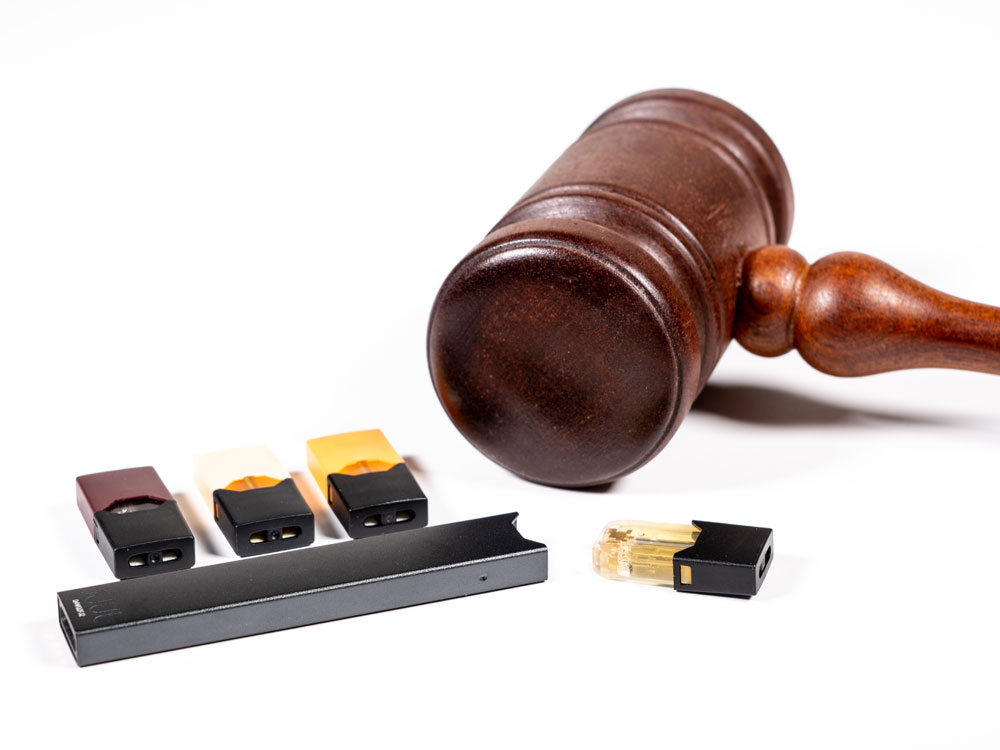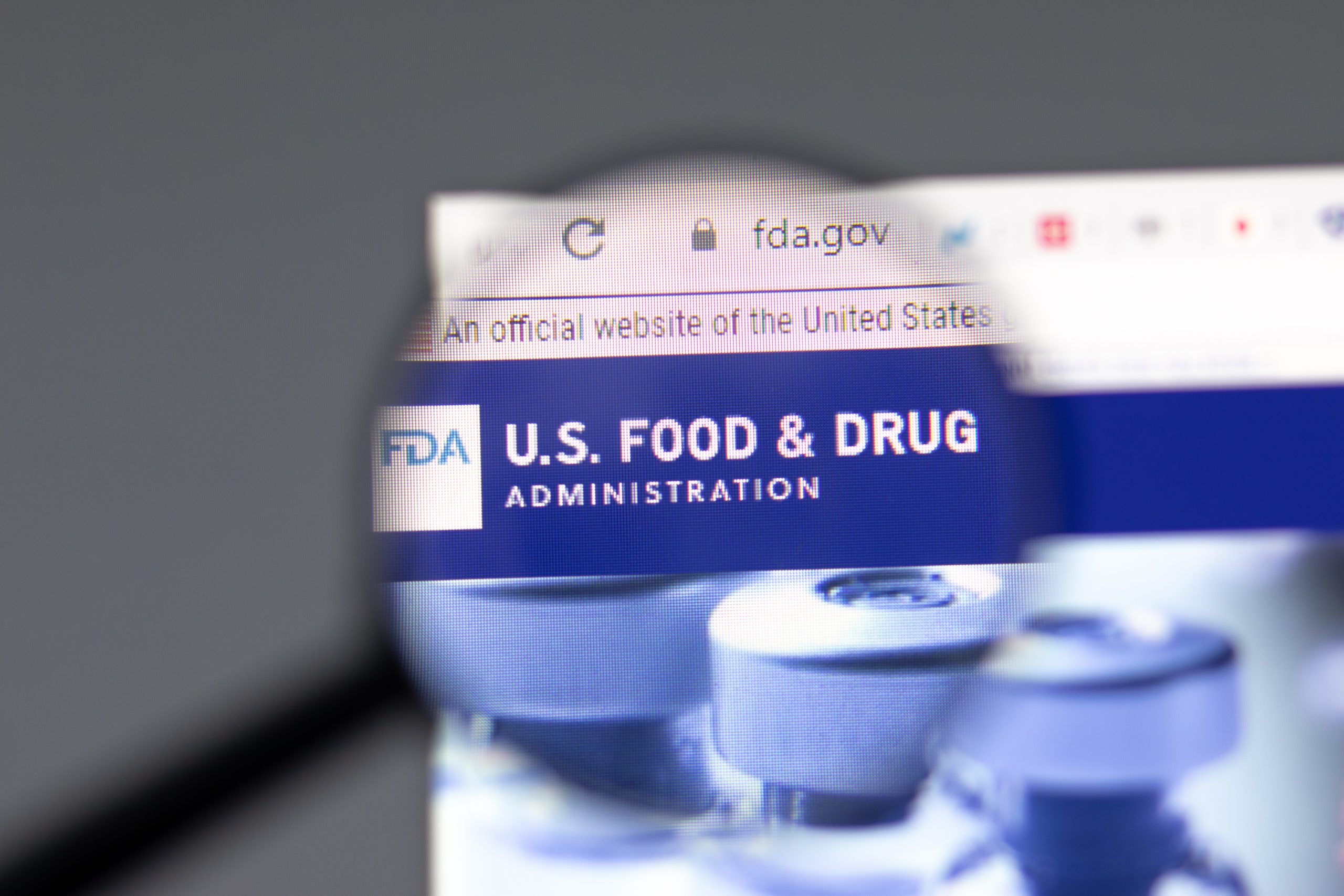
The U.S. Food and Drug Administration has sent more than 44 warning letters to manufacturers and over 300 warning letters to retailers for violations relating to nontobacco nicotine (NTN) products since President Joe Biden signed legislation authorizing the agency to regulate tobacco products containing nicotine from any source. Additionally, the FDA has issued new warning letters to 102 retailers for illegally selling NTN products to underage purchasers.
In an update, the agency detailed what it described as “significant progress” in processing and reviewing premarket tobacco product applications for synthetic nicotine products.
On March 15, 2022, a new federal law gave the FDA the authority to regulate tobacco products containing nicotine from any source. This law took effect April 14, 2022, and after July 13, 2022, any new NTN product that has not received premarket authorization from the FDA cannot be legally marketed.
The FDA says it received nearly 1 million NTN applications from more than 200 companies. To date, all applications submitted by May 14 have been processed, and more than 85 percent have been reviewed to determine if they meet the minimum requirements to be accepted for further review, according to the agency. In total, the FDA has issued refuse to accept (RTA) letters for more than 800,000 NTN products in applications that do not meet the criteria for acceptance.
In total, the FDA has accepted over 350 applications for NTN products, with the vast majority being for e-cigarette or e-liquid products. The agency stresses that acceptance is not a determination about the products’ authorization status. “Accepted applications will enter further review, which ensures certain criteria are met for applications to proceed with further review,” the FDA wrote in its update.
More information about the FDA’s premarket review progress and compliance and enforcement actions is available at the agency’s NTN product webpage.

